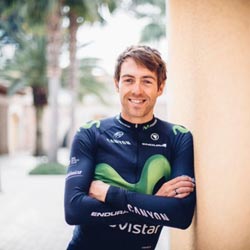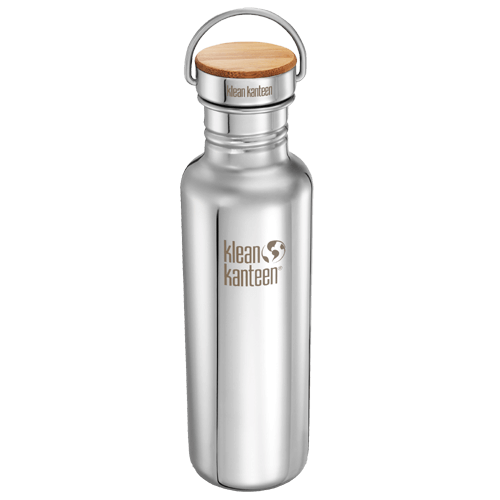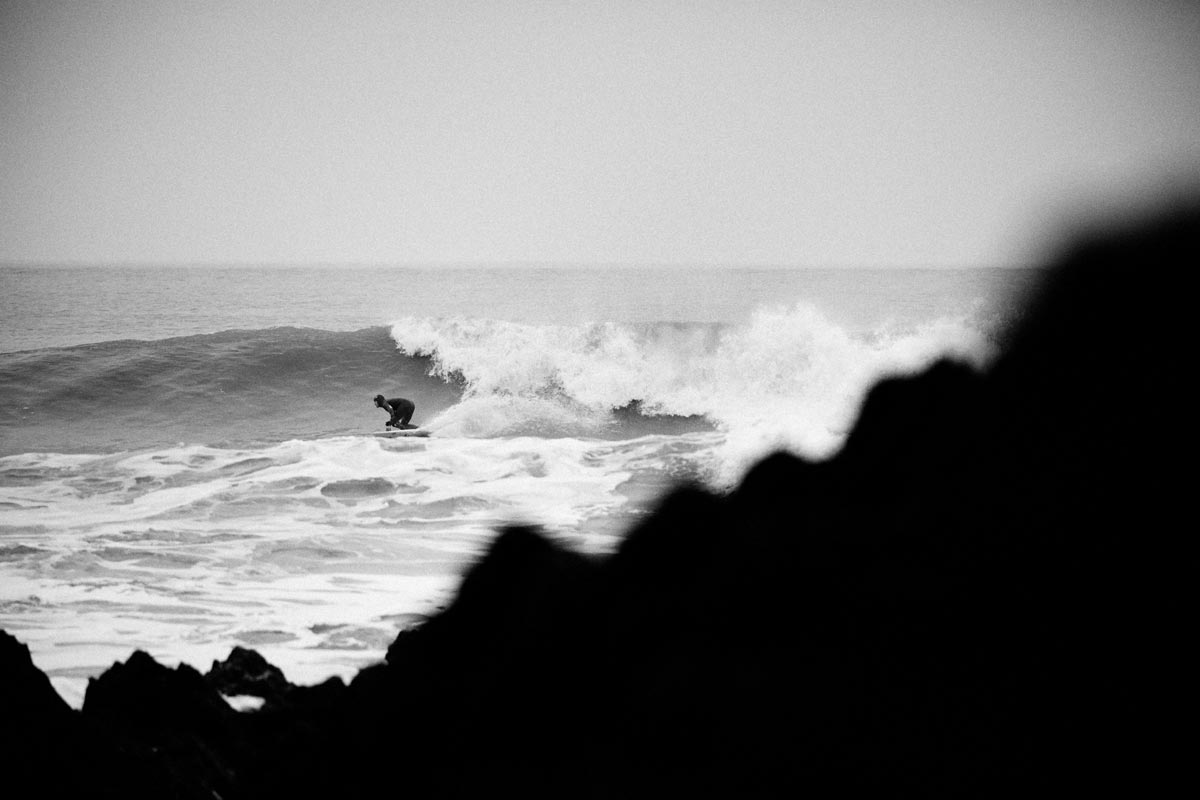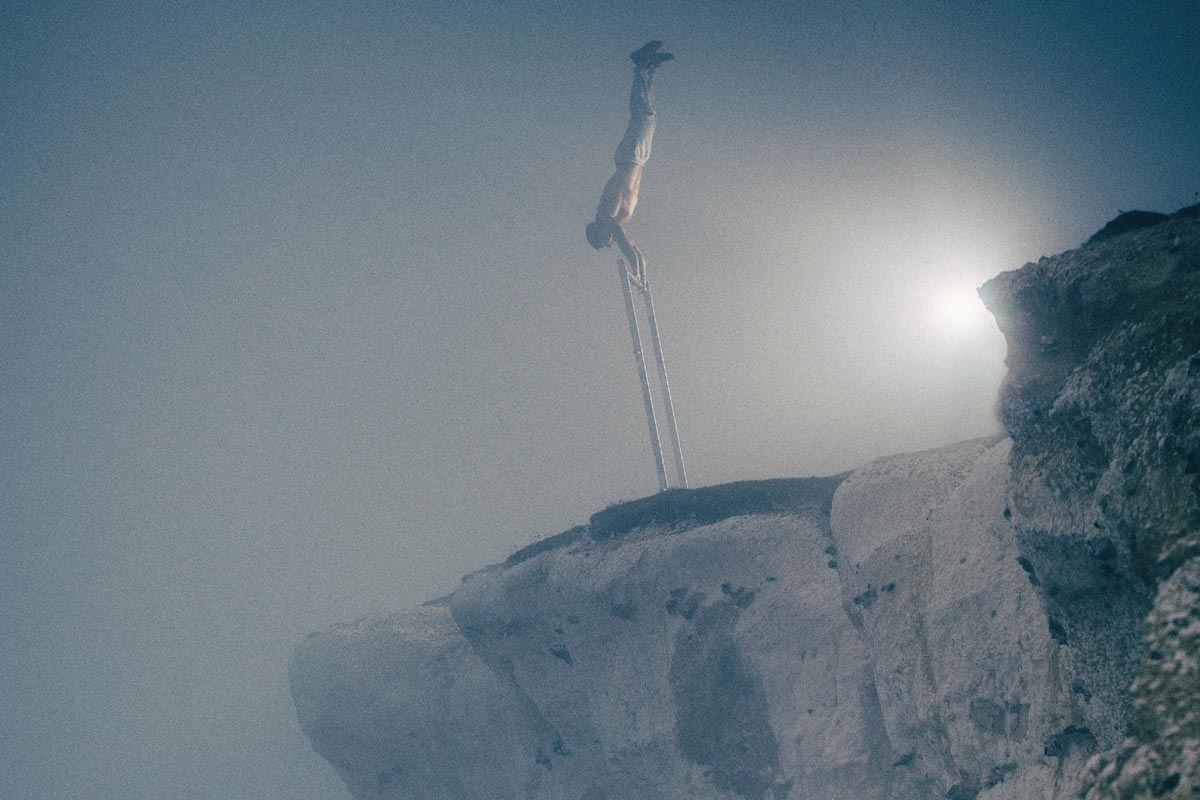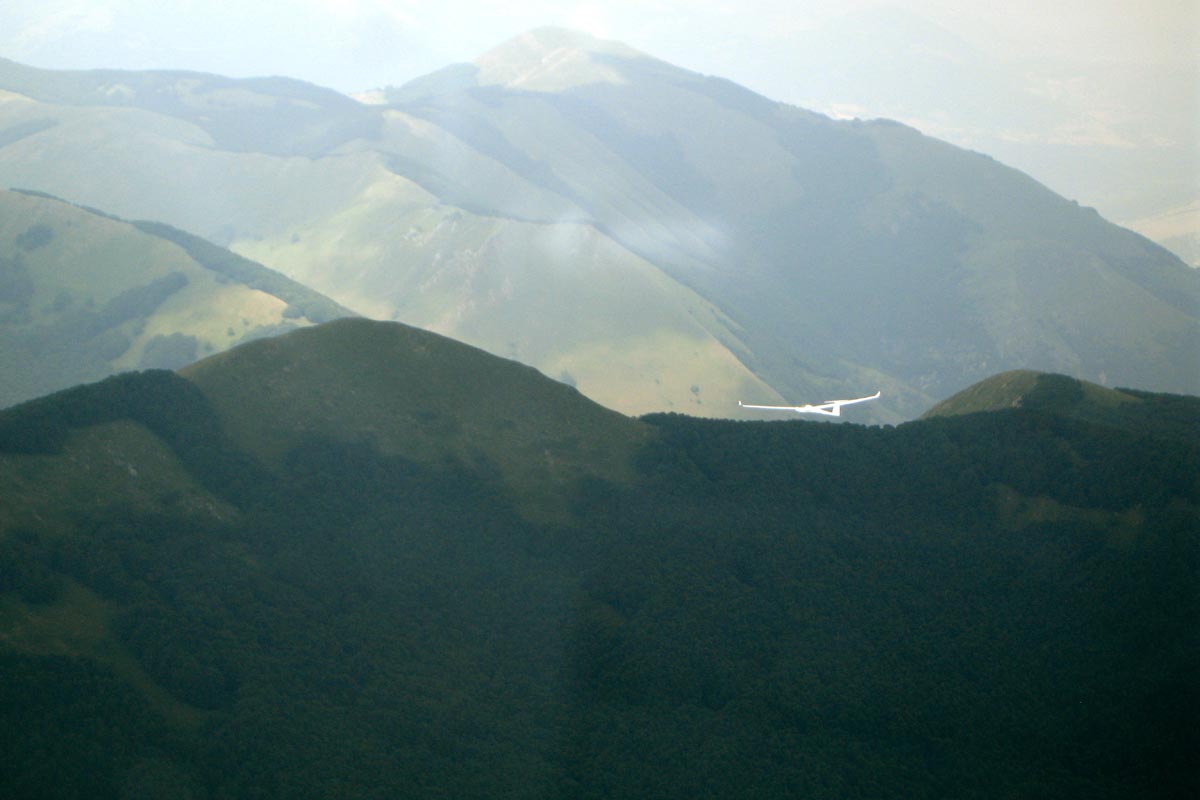Cycling wasn’t something that found me, I found cycling. As a haemophiliac, a condition where my blood won’t clot properly, I wasn’t allowed to play any of the contact sports like football or rugby at school. I was lucky, my parents pushed me and I went out of my way to find sports I could do. Head injuries are particular bad news for haemophiliacs, I was the only 13 year old at sailing school wearing a helmet for example.

If there’s something I really wanted to compete in it would be racing cars, but you need a bigger wallet than bank of talent to make it so opted for 2 wheels. My dad was a touring car racer so it’s in the family and maybe something I’ll do when I hang up the cycling shoes. I’ve always wanted to be very good at whatever I do, as soon as I discover I’m not good at something I’ll drop it or loose interest pretty quick.
When I first started cycling I was told I was good but needed to see for myself. I entered the under 17 national time trial championship and finished 2nd overall. I knew then I’d found my thing. When I got on a bike I enjoyed it, I enjoyed the speed.
I reckon I get my bike talents off my mother. Mum isn’t sporty at all but it’s quite clear she’s a natural on a bike, my dad less so! As a touring car driver though, my dad had all these cool stories about races he’d won and the thrills and spills from his career. I used to think, what on earth am I going to tell my own kids because nothing is going to match up to this.
I chose cycling because it was something I was good at. I get a kick out of being successful, a kick out of winning. And I love competing.
Although, recently a new motivation is knowing my achievements inspire others in the haemophilia community to achieve their goals. The better I do, the more it shows other sufferers what it’s possible to achieve.
I’ve been riding with the Movistar team since 2013, last year chosen as part of the team to ride the Tour de France. I’m one of their time triallists, my strength is maintaining a high speed on the flat for a long period of time. My body’s use of oxygen and my muscle performance is better than most at extreme excursion allowing me to ride at high speeds and intensities for long periods of time.
However, I’m a little heavier than other riders and as a result other riders have a better power to weight ratio to me. When racing uphill they can pull away. For races like the Tour de France, there are guys who’ve got more chance of winning than I have so I’m happy to play my part to make sure the team gets the win. I’m competitive in the time trial stages. I’m also pretty good at being in the right place at the right time within the bunch and getting the sprinters and climbers into position at key moments.
In 2015 I set the world record for cycling the furthest in an hour on a track riding 52.937 km, although Bradley Wiggins beat my distance later in the year. Without sounding blasé breaking the record in 2015 was within my comfort zone due to the intense preparation we as a team had put in which I’ll explain more about
Jack Bobridge attempted to smash the record in earlier in 2015 but he exploded, started far too hard and ending up blowing. My only target was to break the record, but not break it by much. We aimed for 17 seconds per lap for an hour, training was only about making that pace as easy as possible.
So looking back at my own numbers we believe I have it within me to beat Bradley Wiggin’s distance but It will be very difficult. Something for the future.
The gear we use is so important, it’s massive for time trialling. For my 2015 record, 54 suits were made and tested in a windtunnel, I wore design number 53. They were amazing, at one fitting I tried on the suit and it felt pretty good to me but not good enough to endura, they shaved 15 milimetres off the shoulder panels and had another one remade for the next morning.
Canyon made a great bike, adapted my time trial bike for the track that came in just on the weight limit of 6 or 7kgs. I got great wheels from Campagnolo. They were super stiff, so much that I could feel all these bumps on a surface as smooth as a velodrome. All these small factors add up to make the difference between winning and losing
In cycling it’s the famous marginal gains policy that usually decides the winner. It’s about doing all the extra little things. The winner is usually whoever has ticked most of those extra boxes.
Sometimes when I’m out in cold rain and 200k to go, I’d rather be cooped up in a warm office!
I’d had to sacrifice a lot for cycling, I never went to Uni. I finished school and went straight out to Italy with the GB team. Eight of us lads in a house, we all thought we were God’s gift to cycling and egos often ran high. Usually no girls around, only very small windows between heavy training periods to go out and live a little. I certainly never got up to what some of my friends did at Uni!
At a young age you’re pulled away from home, living out of a suitcase. It’s not so bad if you’re from the UK as we predominantly race in Europe. It’s the fellas that come from the US and Australia who have to set up their lives miles away from home. The mental side of cycling is a huge deal, you have to be mentally tough.
Having good form is sometimes as stressful as having bad form. If you’ve got good form you’re doing everything in your power to keep it, and panicking in case you lose it. With bad form, you’re banging your head against a brick wall to trying to turn it around.
I’d say you actually push yourself harder with good form because you know you can be competitive. If your forms no good, you’re less likely to push that bit too much if you know you’re not in shape to win anyway.
I don’t give up easy. It’s the age old saying but talent will only get you so far. I’ve seen guys super talented fall away, guys who’ve got to certain level without much work because they’ve had so much natural talent. When they need to focus and work they just fall away. Others feel the draw of the party lifestyle and just can’t commit to the training, there’s only a few with the mental fortitude to make it up through the ranks.
I probably train 20-25hrs per week on average, maybe 30hrs on a good week. Training in the morning, recuperating in afternoon. Everything I do I’ve got to think if it will have an impact on my training and ultimately racing. Staying at home and resting in front of a Star Wars film is as important as doing the work on the bike.
That’s why I set up Cyclism. Spending time on my backside after training, I need something to keep my head ticking over, keep me occupied. I realised after talking to other bike riders I have this wealth of cycling knowledge that I take for granted. Listening to others talk about their riding I could hear the mistakes they were making and I wanted to help other riders achieve their potential.
With my knowledge, and with a team of performance specialists, we help amateur and pro riders hit their targets. Every one of the specialists who works within our network I’d be happy to have in my own team. I really get a kick if I can help riders in their time trials.
A lot of my training isn’t a great deal different to other disciplines of cycling. Long steady base mileage with specific faster or uphill intervals. But I will spend a couple of hours a week on the time trial bike, it’s a different riding position and a different sort of effort to other disciplines of cycling. In winter you’ll find me in the gym a bit more.
I eat healthily, and don’t have a hardcore diet routine. High carbs when racing, lots of protein when training. If I need to put in a particularly hard training shift, then I’ll load up on carbs. I can put on the pounds easily, so sometimes if training is going to be long and steady I’ll under fuel to keep on top of my weight. It’s all about striking a balance and not doing anything extreme.
I’ve won the British National Time Trial Championships 4 of the last 5 years. Bradley Wiggins beat me in 2014. It’s funny but I find it much harder to put out the numbers I know I’m capable of on a climb than to perform to my maximum level on a time trial. That’s down to being competitive in tt’s and just surviving climbs.
On a climb it doesn’t matter how hard I push but someone 20kgs lighter with a better power to weight ratio will just ride away from me. With time trials I’m hurting myself for the possibility of winning, which is so much more exciting to hurting on a climb to only reduce by how much I come second.
Cycling in the UK has really changed since I started cycling. The junior tour of Wales was the biggest competition and it was relatively easy to get in. Now you could have two whole races. It’s super to see the change coming from grassroots level, there’s so many kids getting involved. When I’m out training now there’s a constant stream of cyclists on the road, there used not to be in the past. Even in London, you can see so many people getting on their bikes. It’s great to see.
Being fit and healthy is big thing in the UK, and that is so important. It means less of a strain on the NHS, less car traffic with more people on bikes. There’s only positives from the nation being more active.
Certainly my own experience of the NHS has been brilliant, they cater so well for people with haemophilia and the medication is not cheap. Through my charity Little Bleeders I hope to show parents of haemophiliacs, through my own example, that their kids needn’t be wrapped up in cotton wool or sat in front of the TV. I proved that there are plenty of sports out there for haemophiliacs. After all, being active and getting out is just as important for haemophilia suffers as it is for the rest of the population.
Where the UK does need to improve in cycling is to make our races here in the UK a platform for the pro teams to come and pick young riders. We’ve some fantastic domestic riders but they all have to go abroad to get noticed by the professional teams.
I go riding with my mates at the weekend, guys who work in offices all day long and they’re always saying how brilliant it is to be outdoors all the time. I guess I take it for granted. Sometimes when I’m out there in the cold rain and 200 kilometres to go, I’d rather be cooped up in a nice warm office! But then what will I tell the kids?
Alex Dowsett is a professional cyclist, founder of Cyclism and haemophiliac charity Little Bleeders
